What if the idea that specialized expertise is needed to support children who exhibit severe and chronic challenging behavior is a myth?
YES, let’s keep learning from the experts!
Don’t get this twisted. I’m not saying we shouldn’t learn from experts and specialists.
However, I have seen and heard from early childhood teachers, assistant teachers and aides with a wide range of experience and expertise (meaning some had not very much of either) succeed with children who they initially thought they didn’t have the skills or expertise to work with.
I am talking about every day early childhood professionals successfully working with children who exhibited severe and chronic challenging behavior, some of whom also have a wide range of diagnoses, delays, disabilities, strengths and needs.
…some of whom were really hurting themselves, their peers, or their teachers…and sometimes this was happening chronically throughout the day….weeks, and over the course of months.
YES, we want to learn from occupational therapists about how to provide sensory processing support.
YES, there are tried and true, well-researched strategies from the field of speech-language pathology that can help prevent and address challenging behavior (the use of visuals, for example).
YES, every early childhood teacher should get some training in supporting children who are neurodivergent while they are getting their AS, BS, MS, and teacher certification programs.
…AND, teachers should get more training on these specialty areas during paid-time, on-the-job.
However, that doesn’t mean you can’t succeed without this education and training!
This is a both/and, “all of the above is true” situation.
How do I know? Because you all tell me.
Chantal, a Teachers’ Aide who was ready to quit her job wrote me an email 3 years ago, saying she downloaded my No More Challenging Behavior Cheat Sheet, used the idea of getting down on the floor to play with Billy - who used to throw chairs and is “on the spectrum” - and was shocked that it “actually worked.” He started to seem to trust her, listen and follow her guidance…sought her out for help when he got dysregulated.
Patricia Wiggins, a Head Start Mental Health and Wellness Manager who saw me present on using a “Class Puppet” (for all of 5 minutes during a webinar) did her own reading on puppet research, bought the staff puppets, held a puppet training, and then introduced me (us if you saw the interview during a TCB Online Conference) to Teacher, Aida Tores, who uses a puppet as a cornerstone of her classroom’s approach, highlighting how one child who they previously really struggled with now shows enormous empathy, spurred by his relationship to the puppet.
One of our TCB Club Founding Members recently noted on a Coaching Call that learning from Jocelyn Manzanarez from Musically Minded (a TCB Online Conference speaker) enabled her to revise her circle time….and reports that she barely has any challenging behavior in her classroom now.
In each of these three examples the teachers used simple but powerful strategies (consistently) that actually worked. No fancy degrees needed.
All of these strategies - building trust by playing with children, using a Teacher Puppet, and singing (rather than just saying) directions are part of the “folk wisdom” of early childhood.
These are ideas that have been around for generations, historically passed down teacher to teacher, not high level strategies learned from experts in adjacent fields.
Brilliant, simple, play-powered strategies.
None of those strategies required master degrees or years of training.
They are all simple yet powerful strategies that actually work in real world early childhood classrooms.
Do you build trust with children through play, sing your way through the day, or use a Teacher Puppet?
Let me know in the comments below!
ps - YES, let’s keep learning from the experts! I do too!
And, you can do this. If you decide to.

